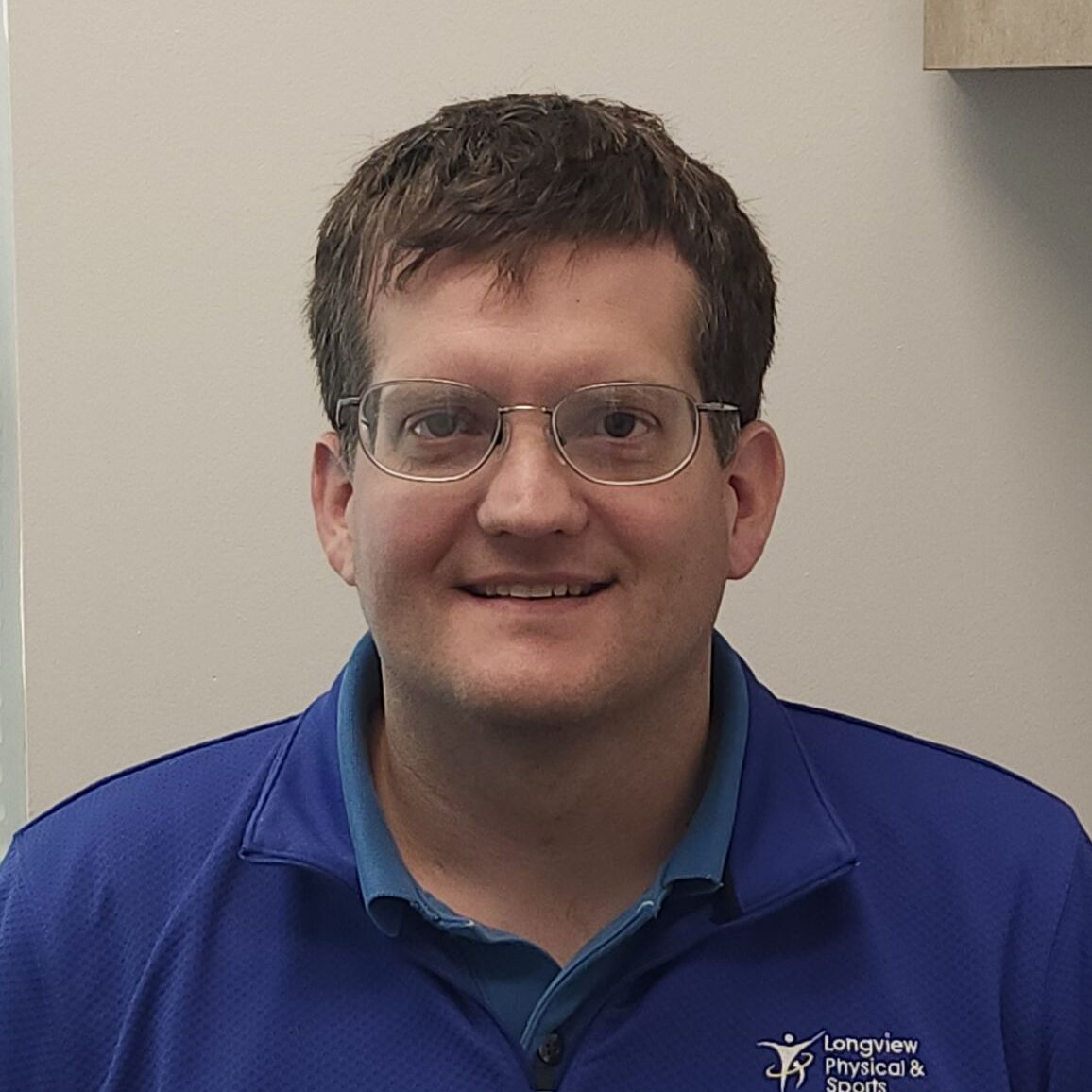A Path After the Marquette Challenge: A Conversation with John Kowalski
In a candid conversation, John Kowalski, PT, a seasoned physical therapist and co-owner of Longview Physical and Sports Therapy in Washington, takes us through his career trajectory, sharing insights into his experience as a coordinator in the Marquette Challenge and how it has shaped his postgraduate journey.
The conversation begins with a physical therapist sitting in his clinic, the sky still dark.
Q: Can you share a bit about your background and how you got involved in the Marquette Challenge?
I was raised in the Midwest and later moved to the Northwest to kickstart my career. I got my physical therapy degree from Marquette University and was lucky enough to be picked as one of the Challenge coordinators. After I graduated, I seized a promising opportunity at a private outpatient clinic, deciding to launch my professional journey there. Initially focusing on orthopedic physical therapy, a couple of years into my career, I had the chance to become a co-owner of a practice. Presently, I am one of two owners of our clinic in Longview, Washington, called Longview Physical and Sports Therapy, and I’ve dedicated 14 and a half years to the field of orthopedic physical therapy.
Reflecting on my time at PT school and participation in the Marquette Challenge, it was a well-run program with excellent support from my professors. Mentors were readily available, and senior coordinators guided us through the process. Our responsibilities included attending conferences and managing booths, but my role during conferences was primarily focused on engaging with attendees and promoting the cause. I did well as a communicator, taking charge of conversations at our booth. Meanwhile, my fellow coordinator specialized in handling the logistical aspects, particularly managing spreadsheets and dividing responsibilities. We did, also, engage in some public speaking. Our strategy included brainstorming and networking with others, even exploring initiatives like organizing courses or creative fundraisers such as penny wars and silent auctions.
Q: What inspired you to become a physical therapist, and how did your early experiences shape your approach to the profession?
I initially aspired to be a lawyer but quickly found the sedentary nature of the job to be boring. Wanting to work with people and move around, I transitioned to a career as a physical therapist. Through personal experiences of not following physical therapy advice during my youth injuries—despite being a healthcare provider I admit I am a terrible patient—I learned the importance of proper rehabilitation. Now, I emphasize these lessons to others, offering straightforward guidance even though the path to recovery doesn’t always go as planned.
Q: How did your participation in the Marquette Challenge influence your postgraduate journey?
Throughout my professional journey, I’ve discovered a practice that aligns well with the principles of [the Foundation for] Physical Therapy Research, the organization to which the Challenge funding goes. One of our greatest pillars is continuing education. The commitment to continuing education keeps physical therapists and professionals engaged, fostering a growth mindset. As you work with a diverse range of individuals, some cases present unique challenges that demand ongoing learning. This practice aligns with the idea of exploring new ways to communicate the importance of physical therapy. Unlike in the past, where anecdotal evidence sufficed, there is now a demand for proving that what you do works.
Q: Why do you choose to contribute to the Foundation, and what role do you see research playing in the field of physical therapy?
I choose to contribute to the Foundation because it aligns with the belief that continuous learning and research are essential for the progression of physical therapy. Research plays a pivotal role in our field, providing the evidence needed to validate and enhance the effectiveness of our practices. By supporting the Foundation, I actively contribute to advancing our understanding of physical therapy, ensuring that it remains a well-supported and evidence-based profession. This commitment is crucial when engaging with various stakeholders, demonstrating the legitimacy and importance of our work, especially in promoting alternative approaches and improved patient outcomes.
Q: Any advice for current physical therapy students participating in the Challenge?
You have more power than you think. Don’t hesitate to ask for help or ideas. People are usually willing to contribute to a good cause. Whether you get the expected answer or not, every conversation holds value. Embrace the opportunity to network, ask questions, and learn from others at conferences—it can be a game-changer.
Q: Any final thoughts or words you’d like to share?
I must mention Barbara’s awesomeness. I feel like it is my duty to call back to the 2009 Georgia State Marquette Challenge coordinators. The Marquette Challenge is a fantastic program, and I’m glad to see it thriving.

STAY CONNECTED
Use this form to sign up for the Foundation for Physical Therapy Research monthly newsletter.